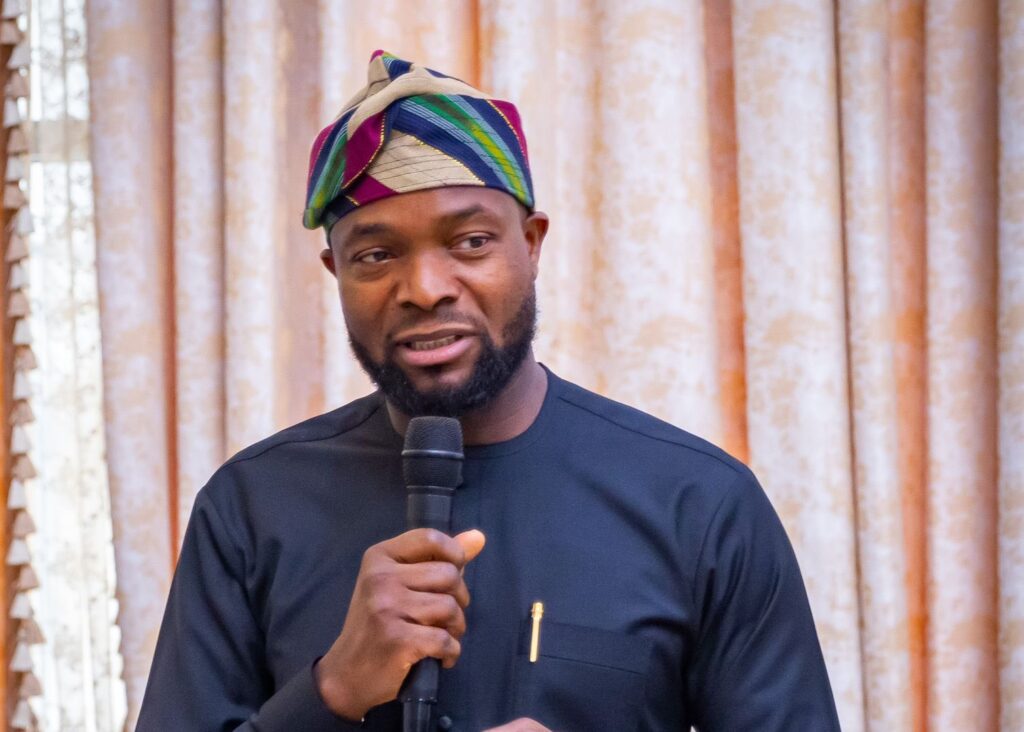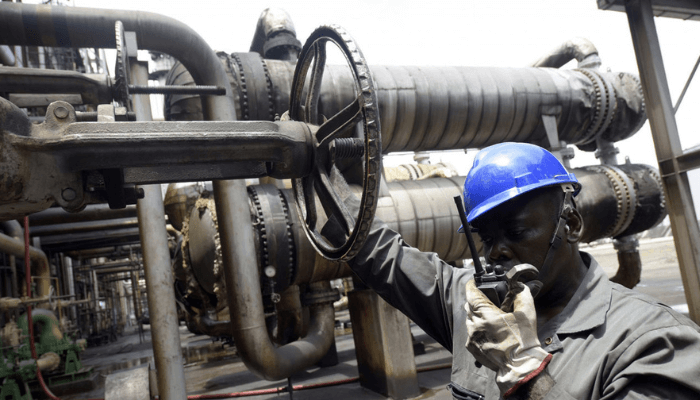The Chief Executive Officer of The CFG Advisory, Tilewa Adebajo, has declared that the Nigerian economy has the capacity to reach $6 trillion if properly harnessed.
He disclosed this at the June 2024 edition of the Finance Correspondents Association of Nigeria bi-monthly forum in Lagos, according to The Punch.
He stated that the country’s economy has a potential of $5 trillion to $6 trillion and that if the government can reduce inflation to around 11%, the GDP will grow at a rate of roughly 8%.
In his speech, on the topic ‘Nigeria’s Fiscal Environment in an Era of Monetary Policy Tightening’,
Adebajo stated that the country’s debt servicing has now surpassed recurrent and capital expenditures.
He said that this occurred at a period when the country’s Foreign Direct Investment was less than $1 billion, leaving the country in a position where the majority of its earnings was utilized to service debt
He stated, “Nigeria’s debt levels are now clearly unsustainable. Add to this $10bn from the 2024 budget deficit, and the question begs: is Nigeria heading for the default direction of Ghana, Zambia, and Ethiopia? The discussion on restructuring both domestic and external debt must commence alongside the ongoing economic reforms and revenue drive to avoid Paris and London Club imposition.”
Adebajo proposed that Nigeria negotiate without creditors to restructure and prolong the maturities of debt, allowing for more manageable repayments and lower interest rates.
He noted that Nigeria, despite a huge infrastructure gap and development hurdles, was on track to become Africa’s third-largest economy, trailing only South Africa and Egypt.
He stated that the introduction of the Nigerian Autonomous Foreign Exchange Market and the removal of fuel subsidies had seen the FAAC account increase by 130 per cent from May to November 2023 to over N1tn.
“FDI is at an all-time low of under $1bn; power transmission and distribution infrastructure are still very poor, impacting industry and economic growth; the macroeconomic situation has declined over the last seven years with a loss of $180-200bn in GDP, currently at US$390bn.
“GDP growth of three per cent is not sustainable for our population of 200 million; Nigeria requires 8-10 per cent GDP growth for sustainability; 135 million Nigerians are in the poverty trap, with 40 per cent unemployment and very low job creation and industrial productivity. Dwindling reserves and increasing credit default swap premiums have resulted in Caa1 junk bond rating status for our international credit ratings,” the economist stated.
He argued that, while the fundamentals of the Nigerian economy remained strong, weak economic leadership had previously failed to realise potential and build the country.
“With a new and highly rated economic management team in place, expectations are high. The success or failure of our business projections and the economy will depend on their commitment and sincerity to implement and deliver on their reform policies. The goal is to drive our economy out of stagflation and attain sustainable GDP growth targets,” he noted.











